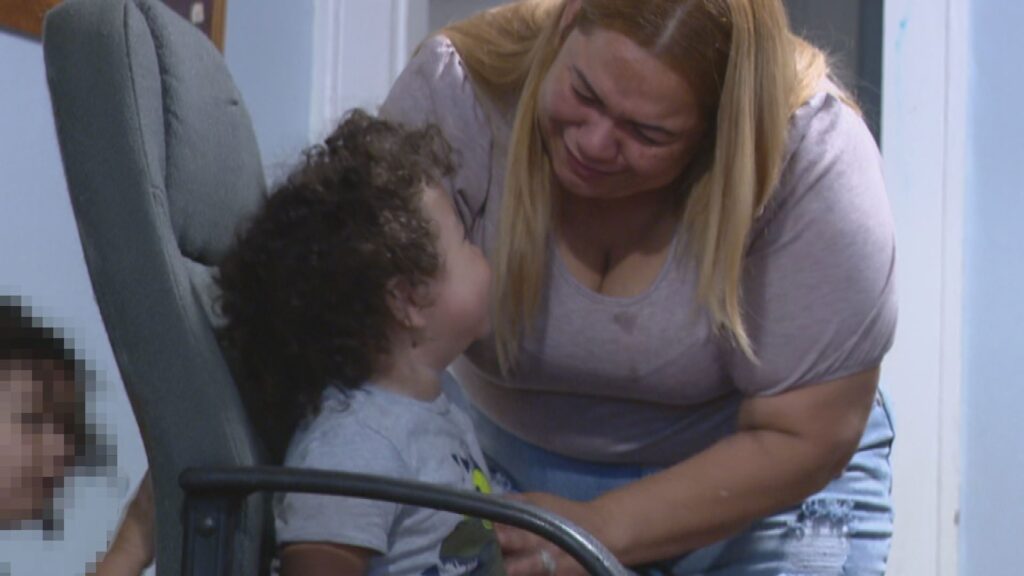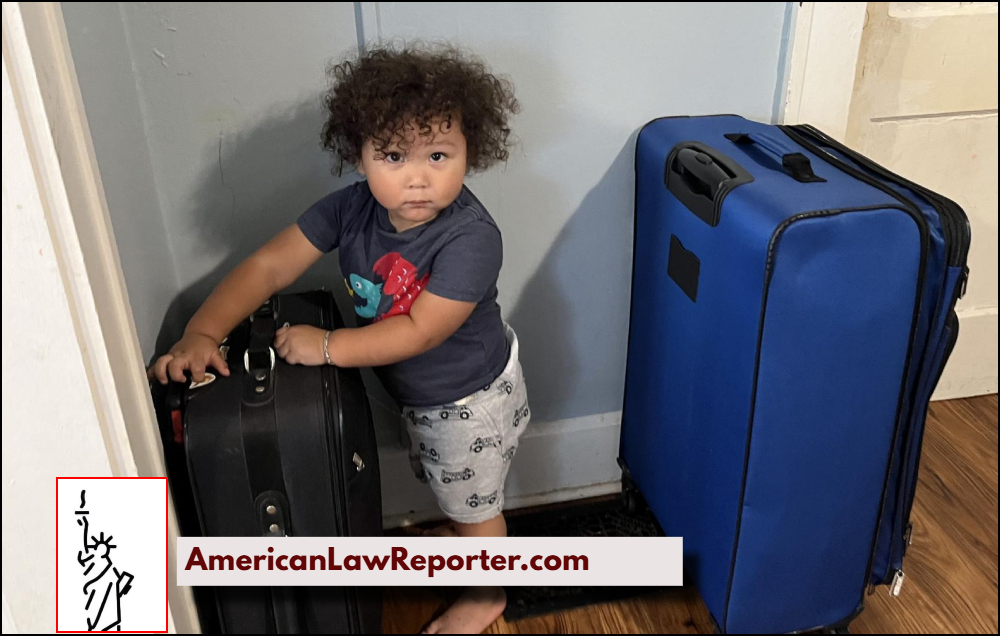A 2-year-old American citizen named Hendrick has been left behind in Indianapolis after his mother, Yesica Turcios, was deported to Honduras on June 6.
Despite being born in the United States, Hendrick was unable to accompany his mother due to not having a passport—a legal requirement for international travel, even for minors.
Turcios, who has three American-born children, packed her belongings and said tearful goodbyes to her toddler before boarding a flight to Honduras. She explained, through a Spanish interpreter, that despite multiple attempts, she was unable to obtain a passport for her son before her mandated departure date.
“I don’t want to leave my child behind, and they don’t let me take him,” she said tearfully, brushing her daughter’s hair and cuddling Hendrick during her final hours in their Indianapolis home.

The situation has drawn national attention and renewed scrutiny of immigration enforcement policies, particularly those that separate U.S.-born children from their undocumented parents. According to the Brookings Institution, over 5.6 million American children are at risk of family separation due to immigration enforcement actions.
Turcios’ husband, Martir Pineda, was deported two months earlier after being detained by Immigration and Customs Enforcement (ICE). According to the family, ICE agents stopped him at a gas station near their home under what they claim was a fabricated pretense—allegedly saying their daughter had been reported missing, a claim the family vehemently denies.
Once detained, Pineda was taken to Clay County Jail, then shackled and flown out of the country along with hundreds of other deportees. Through an interpreter, he recounted the inhumane conditions of his journey:
“They need to remember that we’re all human beings. It’s not just to be treating people like that.”

An ICE spokesperson did not address specific allegations but stated that ICE detains individuals in violation of immigration laws, including those with final removal orders, and added that all such individuals are subject to deportation once due process is complete.
Meanwhile, legal experts say Hendrick’s case highlights a growing concern—immigrant families being caught in bureaucratic red tape and unable to acquire essential documents for their children before deportation deadlines. Immigration attorneys describe mounting difficulties in securing travel documents on short notice, particularly when deportation proceedings move swiftly and without sufficient coordination.
The question remains: who will care for Hendrick in his mother’s absence? Turcios did not say who will assume custody of her son, only that she is devastated to leave him behind.
The case has sparked calls from immigrant advocacy groups for systemic reform and compassionate policy alternatives that prioritize the well-being of American-born children.

